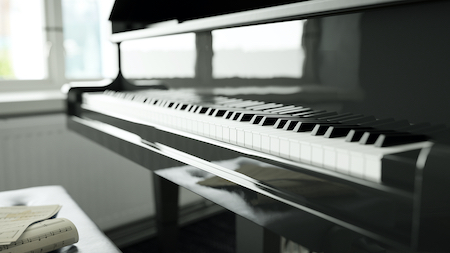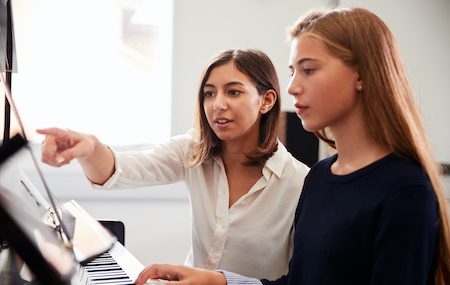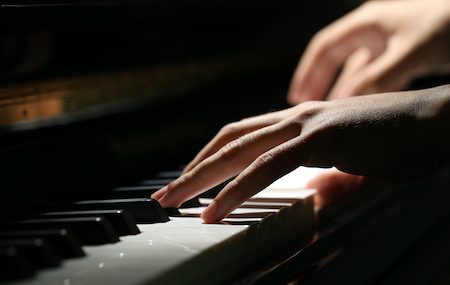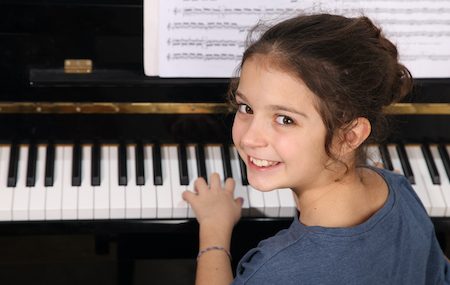This year we’re all being a little more practical with our gifts. If you’re looking for the ideal Christmas gift for the piano player in your life, consider one of these options.
Piano stool
While your piano may have come with a bench, it might not be the perfect one to suit your needs. Why not upgrade and get one that’s more comfortable and sits better too? Try one with a hidden storage compartment; it’s the perfect place to stash your music.
Popular music books
No matter what level of talent your gift recipient has, why not get a music book that contains their favorite tunes? Whether they love the Beatles, think Coldplay is their jam, or prefer the modern beat of Ed Sheeran, you’ll find a compilation of the best songs they’ve produced. And give the piano player in your life more reasons to play.
Headphones
While not every acoustic piano has the option of being playable with headphones, some do. If your loved one has a digital piano, why not give them a decent set of headphones? It makes the piano more playable – they can play it no matter who else is in the room.
Metronome
While many piano players today have a metronome app, upgrade it and give them one they can include in their music room. There are many visual advantages to having it nearby as you learn new songs. It’s a must-have for any musician who hopes to be better at playing.
Keyboard
While having an acoustic piano is a big benefit to increasing your talents at playing the piano, having a keyboard too can increase the amount of time someone spends playing their favorite tunes. Is your child going to college? Do they want to start a band? A portable keyboard that matches the quality of an acoustic may be just what they need.
Digital piano
While you may love your acoustic piano that is on display in your family room, there are many times adding a digital piano to your household just makes sense. It combines the nuances of acoustic and digital into one. It allows the piano player the ability to bring their music online, have more control over what they play, and make it more playable in the busiest rooms in your home.
What’s the perfect gift for the piano player in your life?











